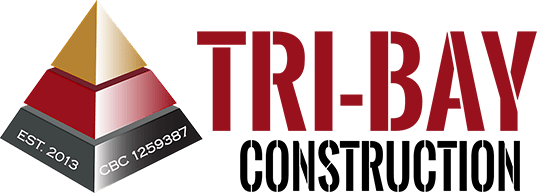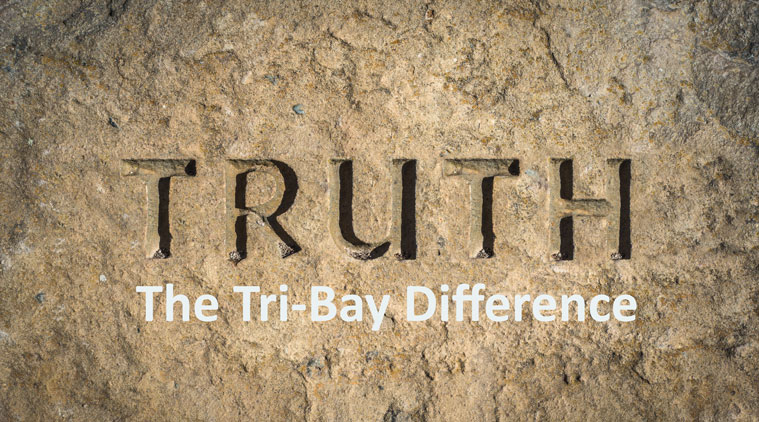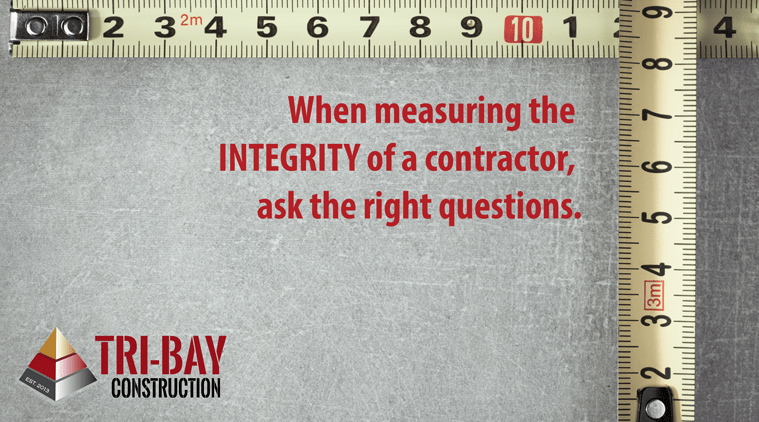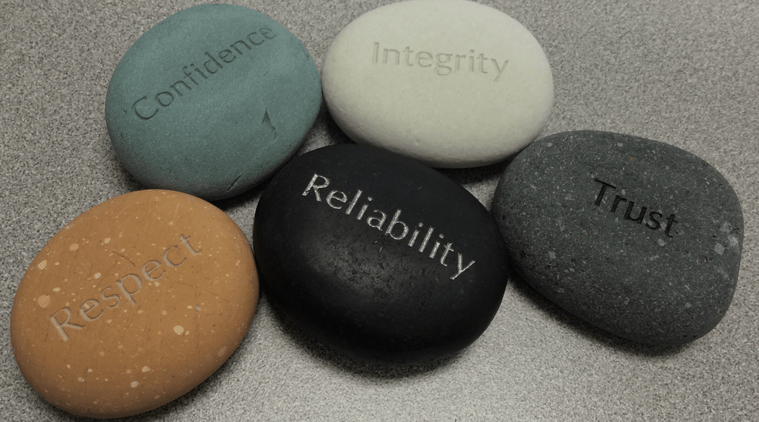Our last issue brought together the concept of the close link between collaboration, trust, and integrity. We talked about teamwork and the ability to admit mistakes, integrate each part into the whole, and find collective solutions to the challenges that inevitably arise on a construction project.
In this blog, we would like to focus on the Owner and the General Contractor (or Design-Builder) relationship and how important transparency, trust, and honesty are in that relationship. This relationship is often the foundation on which a successful project is built.
Today’s economic climate demands an acceptance of reality and a willingness to work within that reality and compromise. Until our supply chain issues are resolved or at least brought to some sort of normalcy, knowing when a product or material will actually arrive has become a mystery making finite schedules, definite completion dates, and liquidated damages clauses in contracts a desire ( a wish) more than a possibility or a reality.
This environment is treacherous for both the Owners and the General Contractors/Design-Builder. Owners lease space that must be occupied by a specific time or there are financial consequences; lenders want to know a finite cost and a finite date to structure their loans. General Contractors MUST minimize overhead costs on every project as the profit margins are small in such a competitive industry.
Today, the reality is that subcontractors and suppliers are putting very short limits on their cost proposals, some as little as seven days. Some suppliers are less transparent and will provide a cost proposal, and then when the product arrives, they announce a cost increase and will not deliver until the material is paid in full.
Others include several month lead times for materials, often longer than the project’s duration. These are just some of the challenges we all face in the construction industry and the shortages of skilled labor and rising wages for some of the skilled labor in highest demand; one example is Block Masons.
These are just some of the more glaring challenges making the construction industry a contentious environment right now. Delayed projects create an atmosphere of frustration and often animosity between all parties involved. Finding a viable solution, somewhat palatable to all parties, is an arduous task at best. Today, signing a contract with a liquidated damages clause for project delay could be suicide for a small company.
Especially when there is no way to know:
But giving a contractor an open calendar for completing a project could be suicide for the Owners. The solution must come in:
Since every construction project is unique, requiring various types and quantities of materials, it is challenging to compose a one size fits all scheduling clause. This is also true of material escalation clauses, and there is no standard escalation clause that can be used for all contracts on all projects.
In the past, a GC was often able to absorb a small percentage increase in one or two items throughout the project’s duration without any impact on the Owner or subcontractors. In our current climate, 10-15% increases have been commonplace in multiple disciplines, from project conception to actual material delivery. A GC cannot absorb all those unexpected costs and remain in business. An owner, however, can recoup those costs over time through the business that will operate in the new facility or from lease income. If a GC absorbs those costs, they will never be recovered, as the GC does not have a stake in future business revenue for that property.
Our hope at Tri-Bay Construction is that our relationships are based on a mutual understanding that we are all in business for a profit and cannot work solely for the benefit of others, receiving nothing for our efforts.
A mutual agreement about realities, compromises on both sides, and open, transparent communication throughout the process are mandatory for a construction project to go smoothly (with the usual bumps in the road) from Owner to GC, to Subcontractors, and to material suppliers.
Subcontractors often bear the brunt of our current climate. Unfortunately, they are usually in the middle, between the suppliers who cannot guarantee cost or delivery dates and the General Contractors who demand production. The ripple effect has amplified what has always existed in construction when a defined scope was not ready for the next trade. Instead of losing two or three days because of rescheduling one subcontractor, the losses are now often two to three weeks.
Doing what you say you will do is even more critical and increasingly valuable. The balance for subcontractors in juggling workers for multiple projects has become ever more complicated and delicate because there is so much work and not enough workers. The tendency is to schedule very tightly, sometimes too tightly, so when there is a delay in one project, it can cause a delay in multiple projects. Established relationships with subcontractors have become even more valuable to General Contractors. In today’s climate, this costs a little bit more.
It is on the onus of Owners and General Contractors to understand each other’s concerns, challenges, and reasons for particular demands or requirements and then try to work together to meet the needs of both parties. In the words of our attorney, there will never be a perfect contract that covers everything, but we do our best to cover as much as possible.
If both parties are more educated about the other’s business needs, the more likely a compromise can be reached. From earlier learning, a written contract exists solely for the event that something goes dreadfully wrong, then each party will know what to do next. If the parties are willing to see the boat from both sides, the contract will never be looked at again after it is signed.
The contract’s purpose becomes the “boundary of integrity” for both sides if the following happens:
If there is integrity in the individuals who signed the contract, there can be confidence and trust in the relationship.
Trust should be established early in a relationship. The more open and transparent two people are with one another, especially in business, the stronger that relationship grows. While every relationship has inherent risks, the stronger the foundation, the less likely the contract is ever needed after the initial execution.
Today we wonder if our Steel, Aluminum, Copper wire, Windows, or Doors (to name just a few) are coming on a specific date or will they be delayed again for some contrived reason or just an “I don’t know” from the supplier. Today we have no idea how long Plan Review might take in any given jurisdiction, so we are hiring third-party plan reviewers (at a cost to the Owners) in an effort to expedite the process. We do not know if a cost escalation between the time we estimate a project and the issuing of the permit will cause the Owner to cancel the project.
The number of phone calls and emails to assemble a complete estimate has doubled. The time it takes to collect all the proposals required to produce an estimate has also doubled because subcontractors and suppliers are extremely busy. Estimate requests or Requests for Proposals (RFPs) often sit unanswered for weeks unless followed up regularly. These and many other factors have significantly increased Commercial and Residential Construction costs. There are no exceptions to rising costs in our current economy.
The end-user (us) has had to bear the rising costs of food, fuel to get the food to us, Grocery worker’s wages, farmworker shortages, and farmer’s costs to run the farms. GCs also must bear the rising costs of materials, labor, fuel, equipment, and the cost of money itself to run our business.





